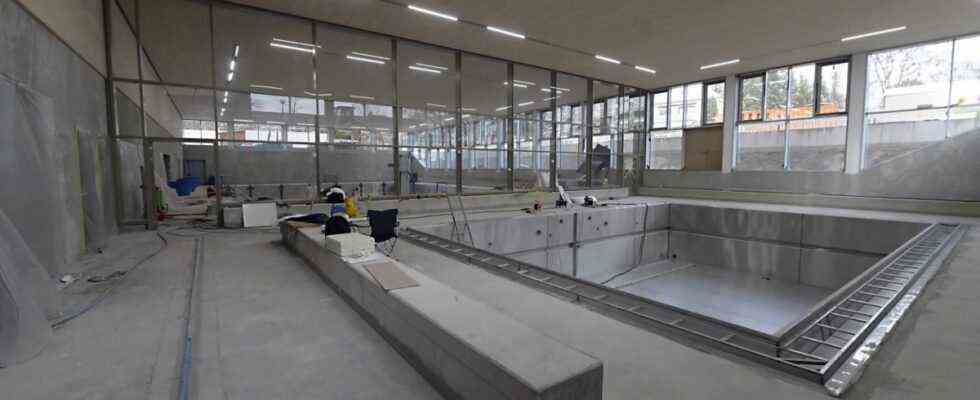These tones had not been heard in the Hohenbrunn municipal council for a long time: “Something has changed,” said Mayor Stefan Straßmair (CSU), referring to the atmosphere in the committee, which, in his opinion, has become more collegial. And even if Corona makes it impossible to “drink a beer together”, he feels, not only in the cooperation with his deputies Anke Lunemann (Greens) and Regina Wenzel (SPD) “a spirit” https: // www. sueddeutsche.de/muenchen/landkreismuenchen/. “If this continues, we will be unbeatable.” But when it comes to the money, the municipal budget, the new friendship is put to the test.
Now it is not the case that the political bodies of the community in 2021 would have only cuddled up all the time. There was a lot going on in the debates about the planning of the residential area “Westlich der Bahn”, where the new secondary school will also be located. With the result that the biotope in the southwest of the area should now remain untouched and not be sacrificed to a considerable extent for the school’s sports facilities.
Despite all the harmony that was on display, differences of opinion also played a role in the municipal council meeting on Thursday evening, namely when the annual budget for 2022 was approved. Because of the enormous investments with a total volume of almost 50 million euros, this is more than ever before, of which 29.1 Millions go to the administrative budget and 20.5 million to the property budget. Despite all the large-scale projects, personnel costs (8.5 million euros) and the district levy (7.75 million) remain by far the largest items. In the calculated income, the trade tax has an impact of 8.8 million euros, while the municipality’s share of income tax is 7.65 million.
According to the calculations of chamberlain Nadja Marx, the reserves should shrink badly, from 13.8 million euros to 10.3 million euros. The debts increase to 14.7 million, at the beginning of 2021 this value was still 8.3 million euros. “This means that the per capita debt has climbed from EUR 400 to EUR 2,700 since 2018 – so we are in the top group throughout Germany,” said Manfred Haucke (Citizens’ Forum). “We have to sell land in order not to use up all of our reserves,” which is why he will only grudgingly agree to the budget, according to Haucke.
His group colleague Andreas Schlick could not bring himself to this – as the only one on the committee. He criticized the implementation of the secondary school location because of the “overly dominant” housing development and the sports field not directly adjacent to the school, and was severely punished for the development of the area. Schlick complained that today’s plans did not correspond to the results of the Citizens’ Dialogue of 2018, so housing ideas such as multi-generational houses no longer played a role, and the traffic problems were also ignored. This is offset by the high expenditure for the swimming pool and the sports campus, the increasingly expensive building “Am Hölzl” and the provision of the property for the secondary school.
The CSU, the Greens and the SPD, on the other hand, unreservedly supported the annual budget. The social democrat Regina Wenzel said that secondary school and sports campus would increase the attractiveness of the place and the quality of life for the citizens, “Am Hölzl” would help to relieve the situation on the housing market. Katharina Möschel (Greens) added that the budget “also has a green signature” because of the investments in climate protection.

